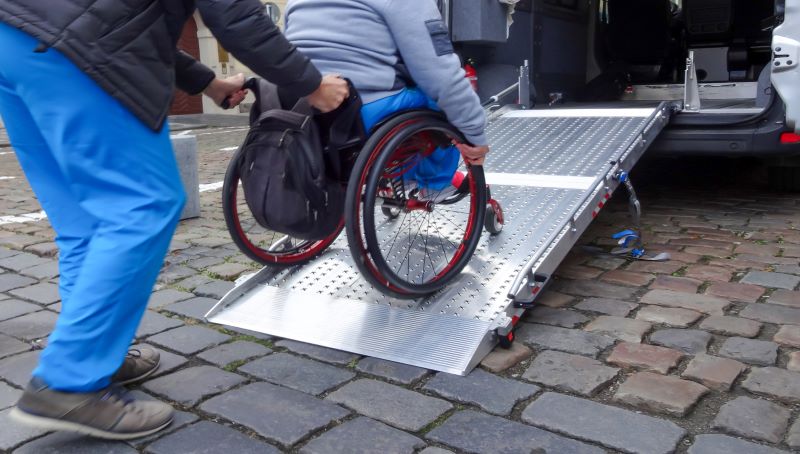
The Government’s proposal to raise accessibility standards on all new homes has been welcomed by national learning disability charity Hft, saying the changes “cannot happen soon enough”.
This comes as the Government responds to a consultation on raising accessibility standards for new homes, and commits to raise the minimum standard of the existing framework, giving older and disabled people the dignity and security they deserve in their homes.
“It is good news that the Government is changing building regulations for most new homes to make them more flexible and adaptable to suit the needs of everyone, including many of the people we support who need physically accessible housing,” says Teresa Parker, Chief Commercial Housing Officer at Hft.
“The proposed regulations mean any new housing should be able to adapt and change with individual needs over time, rather than forcing people to move on to other accommodation which can be unsettling.
“These changes cannot happen soon enough. Many people with a learning disability urgently need accessible accommodation, which plays a vital role in supporting them to live independent lives. We know of cases where people are living in new homes at the centre of the community, yet they are having to move because there isn’t enough circulation space when they need to use mobility aids, and not enough room for a stair or platform lift to be installed.”
However, Teresa adds that while the new regulations are a positive step, it is disappointing that their scope only applies to new homes.
“At present, accessible homes are in short supply. According to Habinteg, only 9% of homes in the UK provide basic accessibility features, meaning many are waiting for a suitable home. Yet the new regulations will only apply to the tiny percentage of new homes being built in the future and this simply isn’t enough,” she adds.
“We look forward to seeing details of the proposed regulations in the upcoming consultation. This must take place urgently so more accessible housing can be built, and people with a learning disability who are waiting can get on with life in a place they can truly call home.”





